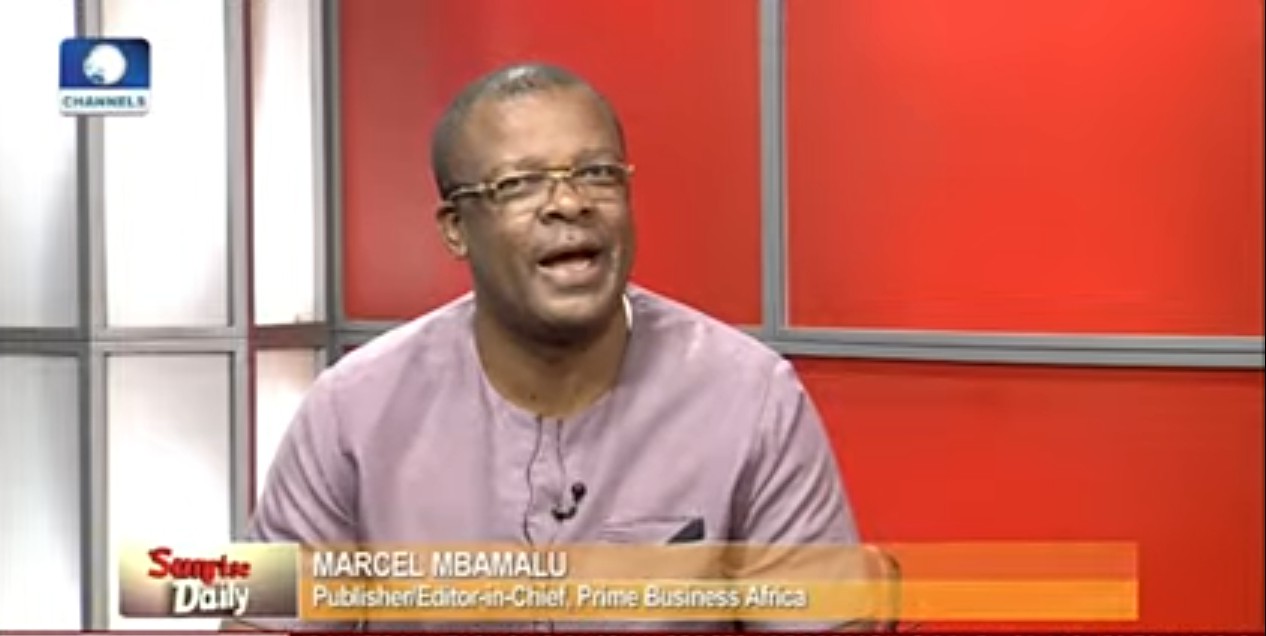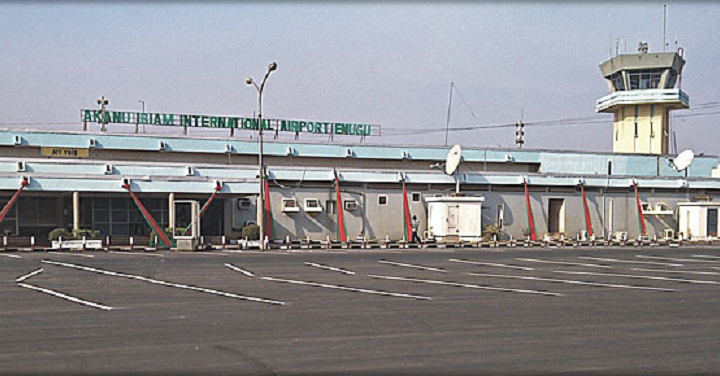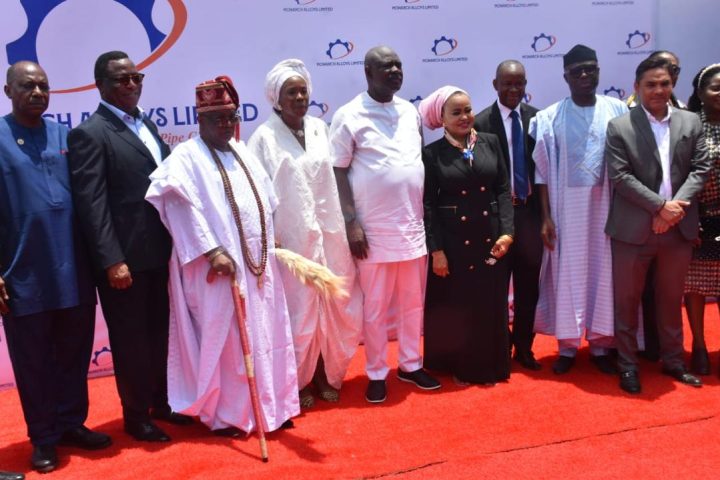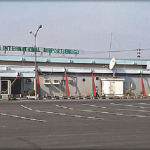To tackle theft in Nigeria’s oil and gas industry, the Federal Government has been advised to practise the culture of transparency and accountability in managing the resources.
Publisher of Prime Business Africa (PBA), Dr. Marcel Mbamalu, gave the advice during newspaper review on Channels Television breakfast show on Thursday morning, where he analysed political and socio-economic issues in the country.
Join our WhatsApp ChannelDr Mbamalu, while reacting to a report in which stakeholders lamented that Nigeria loses $10 million daily to oil theft, noted that with the way things are going in the critical sector, Nigerians are not adequately aware of actual volumes being produced for export but only see what the stakeholders, including the oil majors, declare to the Nigerian government.
He added that the people, especially, in oil producing communities, still feel alienated by those managing the oil wells, hence the agitation and theft that occur at will without resistance from host communities.
While speaking during the industry leaders panel session on “The Future of Nigeria’s Energy Sector in the Petroleum Industry Act (PIA) Era,” at the Nigerian Oil and Gas (NOG) conference and exhibition on Wednesday in Abuja, Managing Director, TotalEnergies EP Nigeria Ltd, Mr Mike Sangster, said the issue of oil theft in the Niger Delta region has become an organised crime which even goes beyond host communities.
Sangster disclosed that the volume of crude oil stolen on daily basis is up to 100,000 barrels, while security of oil facilities remains a big challenge for oil companies.
Dr Mbamalu, a Communications expert and former Editor at The Guardian, stated that part of what government should do is show and insist on more transparency in managing the sector as well as carry the host communities along to curb the activities of individuals and groups who sabotage oil and gas facilities.
The Chief Executive of Newstide Publications Limited, publishers of PBA, observed that the Petroleum Industry Act (PIA) has not provided enough relief on the knotty issues necessitating the long-standing universal call for reform of Nigeria’s oil and gas sector because host communities are still complain that they are not adequately represented, especially in determining their ideal benefits in the Host Community Trust Fund provided for in the Act.
Host communities, especially in the restive Niger Delta, argue that the PIA carefully protects the interest of international oil companies more than theirs and that of the Nigerian economy in general.
Commenting on issues bordering on insecurity as reflected in the dailies, Dr Mbamalu stressed the need for deployment of more security personnel from areas of mitigated security concerns in Southern Nigeria to the more threatened parts of the North.
“I think the best thing to do now is to ensure that there is enough military personnel in the northern part of the country.” Speaking specifically on the attack at Kuje Custodial Centre, he said: “It is an embarrassment for Abuja not to be safe. If Abuja is not safe, then Nigeria wouldn’t be safe.”
He called on political leaders across the country to close ranks, de-emphasize political interest, ethnic or religious affiliations and unite to save the country from the current security and economic challenges.
He harped on the need to tighten border security to curb the influx of foreign criminals who perpetrate acts of terror against the country.
Speaking on the condition of the kidnapped victims of the Kaduna train attack, the media icon said government needs to make every necessary sacrifice to save what is left. “We need to move faster to save the lives of those still held by ISWAP (Islamic State of West Africa Province),” Mbamalu stated.
Victor Ezeja is a passionate journalist with seven years of experience writing on economy, politics and energy. He holds a Master's degree in Mass Communication.













![Trump, Zelenskyy Discuss Peace Plans During Pope Francis’ Funeral In Rome [VIDEO]](https://www.primebusiness.africa/wp-content/uploads/2025/04/Trump-and-Zelenksy-meet-at-Pope-Francis-Burial-150x150.jpeg)






Follow Us